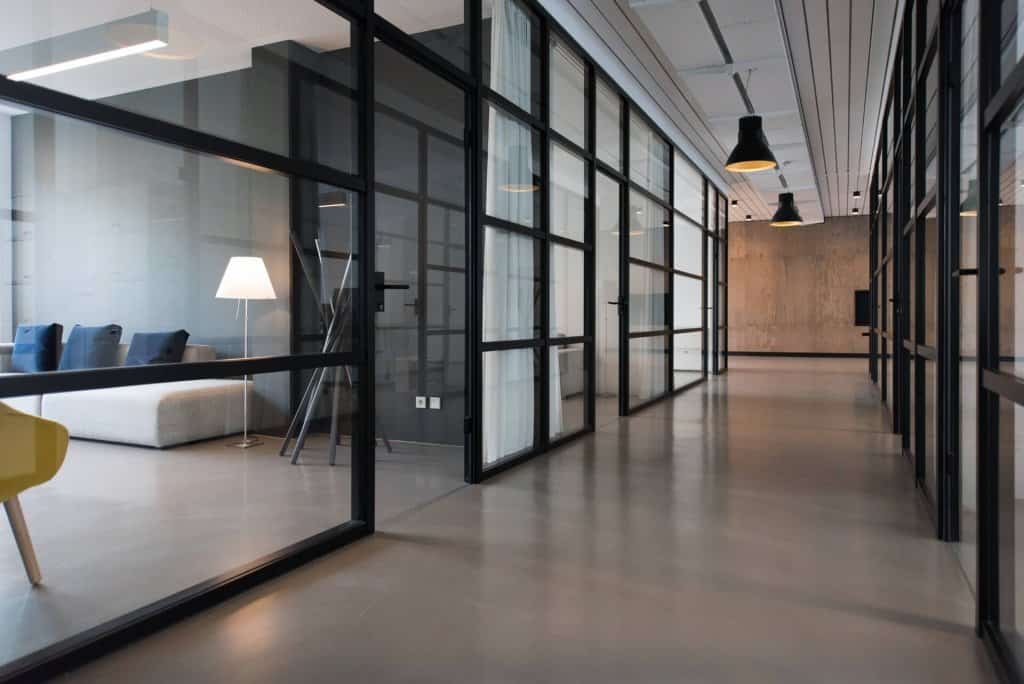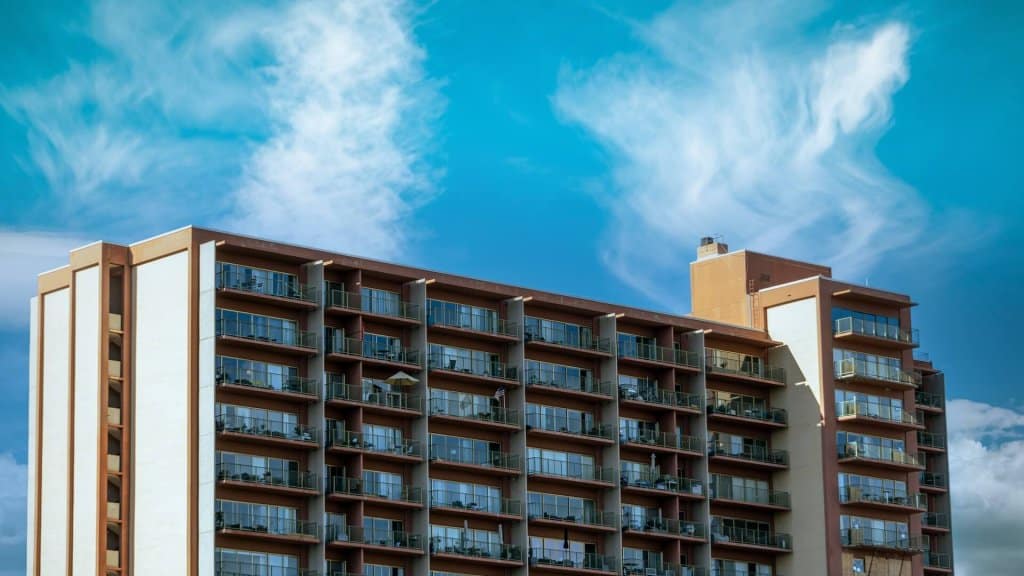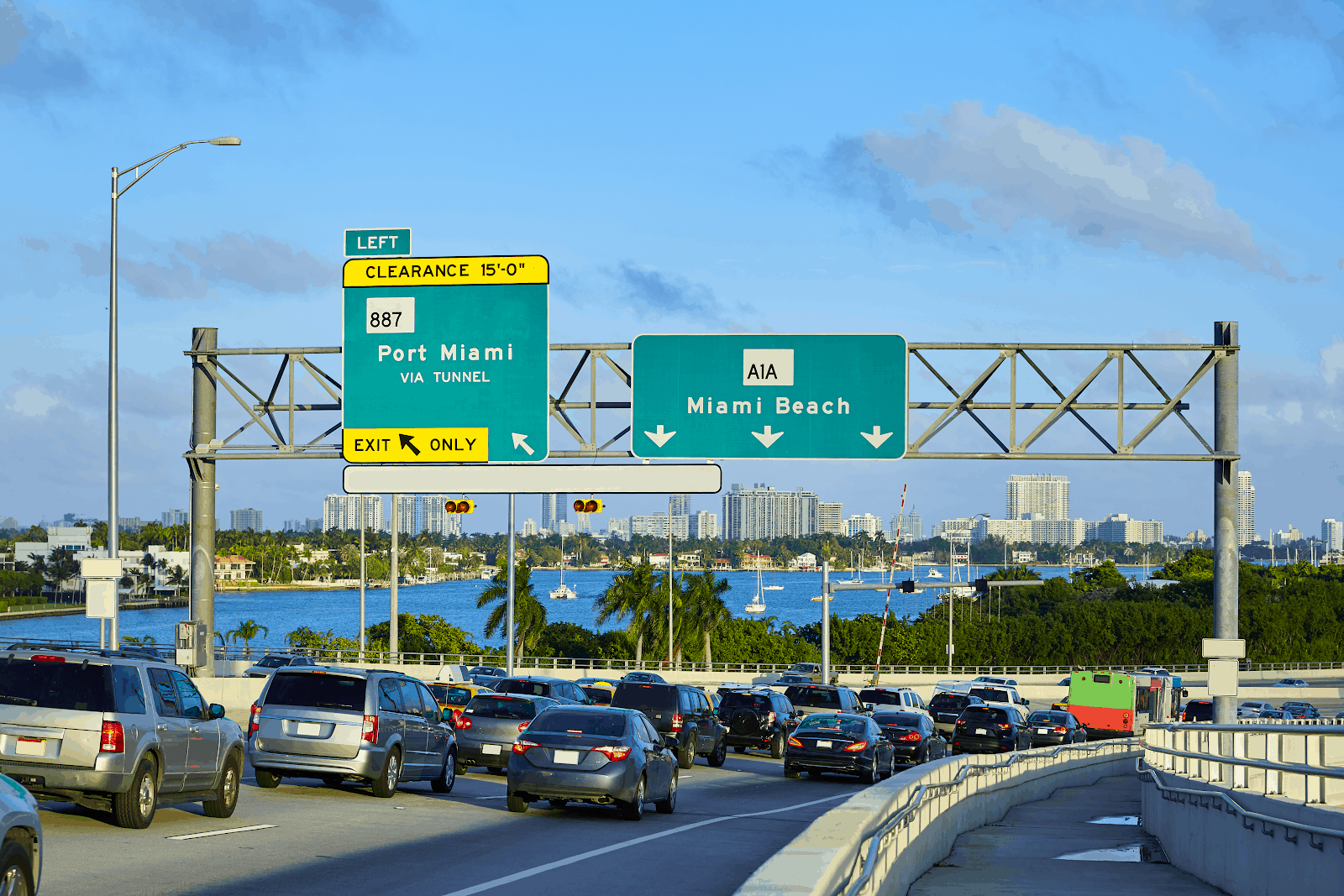Is Your Office Air Quality Harming You?
According to the Environmental Protection Agency (EPA), you spend 90% of your time indoors - and indoor air quality is on average two to five times ...
Floor, wall and ceiling mounted to meet your unique project design.

Whether you’re an engineer searching for the best way to regulate the air in an office building or a homeowner having to replace an HVAC unit, understanding the air handler cost will play a big role in your decision.
The cost of an air handler is influenced by a variety of factors, and while there are tax credits to take advantage of, the cost to replace an air handler is expensive.
HVAC systems require different air handlers depending on the project, so let’s take a look at what exactly it’ll cost you to start saving on your energy bills.
But first - what exactly is an air handler?
An air handler, or air handling unit (AHU), regulates and circulates air as part of an HVAC system. Each unit draws air across its evaporator coil and absorbs or releases heat through the use of refrigerant or water, blowing the treated air throughout the space. Typically located inside a building, it is often confused for a furnace due to its similar appearance.
But much like a furnace, repairing or replacing an air handler can be expensive if you’re unprepared. According to national estimates, an average new air handler costs between $700 and $5,600.
But what affects the price of an air handler?
1. Quality and Type
Much like cars, air handlers vary in quality depending on their type and brand. And just like cars, the higher the quality, the higher the cost of the air handler.
There are many different types of air handlers, each with different manufacturers and different models for you to choose from. A standard, single-speed air handler with no bells and whistles can cost as low as $500 before installation. A hydronic air handler price is usually more expensive due to its connection to a boiler or water-source heat pump.
The quality of an air handler affects the longevity of an HVAC system. Basic, budget brands have a lifespan of 10 to 15 years on average. High-performance, premium brands can often last for 20 years or more depending on how often they receive maintenance.
2. Size
Air handlers are typically grouped by tons or BTU (British Thermal Unit), both of which are used to measure thermal energy output. One BTU is the energy needed to raise the temperature of one pound of water by one degree Fahrenheit.
A small air handler unit is 1.5 tons, or 18,000 BTUs, with sizes increasing up to 5 tons, or 60,000 BTUs, for typical air handlers. Whether you're searching for 2 ton air handler prices or 4 ton air handler prices, know that the bigger the unit, the more expensive an HVAC air handler costs.
More importantly, you’ll need to know the square footage of a building or area in order to determine what size is best for your needs.
The higher the BTU output, the more area each air handler can cover.
A residential home usually has one central air handler unit of moderate size, with a 3 ton AHU able to cover 1,500 to 2,100 sq ft. Meanwhile, commercial buildings will need larger units, and in many cases will need multiple units to cover an entire office space.
3. Installation Costs
To comply with warranties, most manufacturers require that air handlers are installed by professional HVAC specialists. And depending on the air handler you’ve purchased, that installation can often cost just as much as the unit itself. An air handler installation cost averages $1,500 for a single unit.
The installation involves connecting the air handler to ductwork, securing it in place, and installing the internal coil.
Replacing ductwork or repairing existing ductwork due to age or sizing issues also affects costs, and is typically charged by the foot. Inspection costs, thermostat installation, electrical wiring — all of these add to the total cost of installation.
This does not mean, however, that you should skimp on contractors and choose the cheapest available option. A proper installation by certified professionals means there’s less of a chance of maintenance issues developing and better air flow in the building itself.
Read more about HVAC:
How do you size a commercial HVAC system?
Ventilation Requirements for office buildings
Air handlers built for residential use are straightforward in design. Residential HVAC units are often composed of two parts, an indoor evaporator with an outdoor compressor, and are designed for standalone use.
The cost of an air handler for your home varies significantly depending on the size of the house, how it was built, and even your region’s climate.
A professional HVAC technician should assess your home to determine the size of the air handler.
Air handlers can be installed in several locations in your home. Installing one in an attic has an average cost anywhere between $700 to $1,500 before installation, though care should be taken to remove debris and insects from the area if you choose this option.
Closets are another common location for AHUs, with many units sized to fit similar spaces. These units run two feet wide, two feet deep, and four feet high, and also require 10-12 inches of space on all sides in order to function properly. Before contractor costs, these units are typically priced at $500 to $2,200.
An alternative for homeowners who balk at the cost of a new air handler is a fan coil unit (FCU). These are standalone cooling system units that cover much smaller areas than one hooked up to an HVAC, but don’t require ductwork to operate. While the specific fan coil unit price varies, the fan coil unit prices for residential homes are between $300 and $800. A chilled water fan coil unit price starts at $600, with chilled water air handler prices costing up to $3,500.

The requirements for a commercial air handler are much more complicated than those for residential homes. Not only are the airflow requirements much larger, but commercial air handlers are sometimes modular in design, and therefore need to cover multiple floors in the case of office buildings, and are much more difficult to maintain.
The average price of a commercial grade air handler is between $1,500 to $3,500 per unit before installation. This is primarily due to the increased size of the units; it’s not uncommon to see 5 ton units installed in commercial buildings. Larger buildings will also use multiple AHUs in order to regulate larger areas, which will increase installation costs significantly.
An important measurement for commercial buildings to keep in mind is cubic feet per minute (CFM), which is the most common way to measure airflow. As a rule of thumb, modular air handling units cost between $1.50 and $2.50 CFM, while custom units cost $2.50 to $5.00 CFM. For a building that requires 200,000 CFM, that means $350,000 if you use the cheapest option.
One solution for commercial use is to choose an air handler that makes use of underfloor air distribution. Units like these lower energy costs for buildings, take up less space and provide more effective ventilation.
When looking for the best air handler for your home or commercial space, keep the following in mind:
Do you know what air handler is right for you? Consult with HVAC experts at AirFixture to see what best suits your heating and cooling needs.
According to the Environmental Protection Agency (EPA), you spend 90% of your time indoors - and indoor air quality is on average two to five times ...

Poor air quality has been proven to increase the risk of respiratory illnesses and even cancer. According to the World Health Organization (WHO),...

It’s fair to say that indoor air quality is something we only think about when there’s a problem…